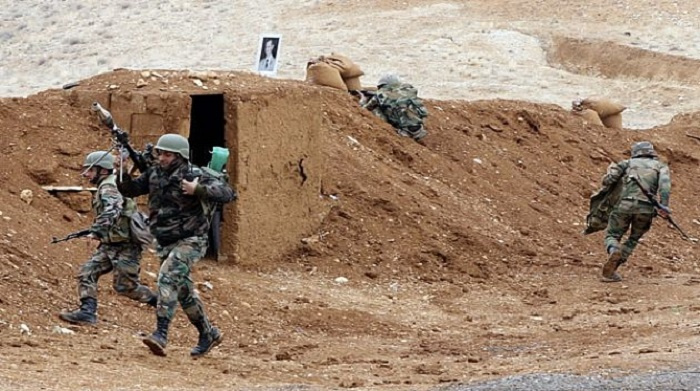Cease-fire in Syria, Fire under the Ashes in Iraq

During the course of history, although there has always been competition between Damascus and Baghdad, these two tumultuous geographies have also had common destinies. Any development made in either one has affected the other and this equation still remains true.
A significant part of insecurities and crises in Syria is the result of strategic changes made in the political atmosphere of Iraq. Transfer of power from the Sunnis to the Shiites in Iraq was an undesirable development for both traditional rulers of this country and its regional allies. Thus, with the beginning of the crisis in Iraq in 2011, those who had failed in Iraq found this crisis as an opportunity through which they could compensate for their failures. This point is important in the emergence, strengthening and expansion of ISIS and terrorist groups in Syria and Iraq.
Turkey, Qatar and Saudi Arabia, as the three main supporters of ISIS, have never accepted the changes in Iraq. When the crisis began in Syria, they took steps to expand this crisis without considering the cost of their measures. Today, due to the complex and multi-faceted policies of the US in the region, Ankara, Riyadh and Doha are so involved in this crisis that after Russia’s entrance into this equation many have even talked about the possibility of the emergence of a war.
Today, the cessation of hostilities is in place in Syria. But explosions and suicide operations by ISIS have happened in and around Baghdad. Revenge is taken in Iraq for the relative advancements of the resistance forces in Syria and ISIS may advance in Iraq. Apparently, the cease-fire has created an atmosphere for ISIS’ maneuvers in Iraq. Sadr’s warning against the threat of ISIS’ attacks in Baghdad could prove the activities of this group in Iraq and should not be ignored. It seems that while al-Ebadi, the Iraqi Prime Minister, is involved in reform discussions and a technocratic government and the non-entrance of the Hashd al-Shaabi into Mosul, ISIS is strengthening its forces in Iraq with the help of its allies in the region under another name and title. In the suburbs of Mosul, Turkey is ready to begin the liberation operation of Mosil in order to dominate ISIS and the Baathists in this city using elements such as the al-Najifis. Although the crisis in Iraq and the downfall of certain regions such as Mosul have social and political reasons and their roots still remain, it must be considered that yesterday’s ignorance which led to the downfall of Mosul, has involved them in social and political considerations inside and outside the country. The downfall of Mosul is easy but its return is difficult and complicated.
The Iraqis are very much concerned with ethnic and religious considerations and while al-Ebadi attempts to direct the disintegration mentality of the Iraqis toward unity, ISIS and its power must not be ignored and Baghdad should not be involved in a risk whose cost would be heavy and cannot be compensated for.

